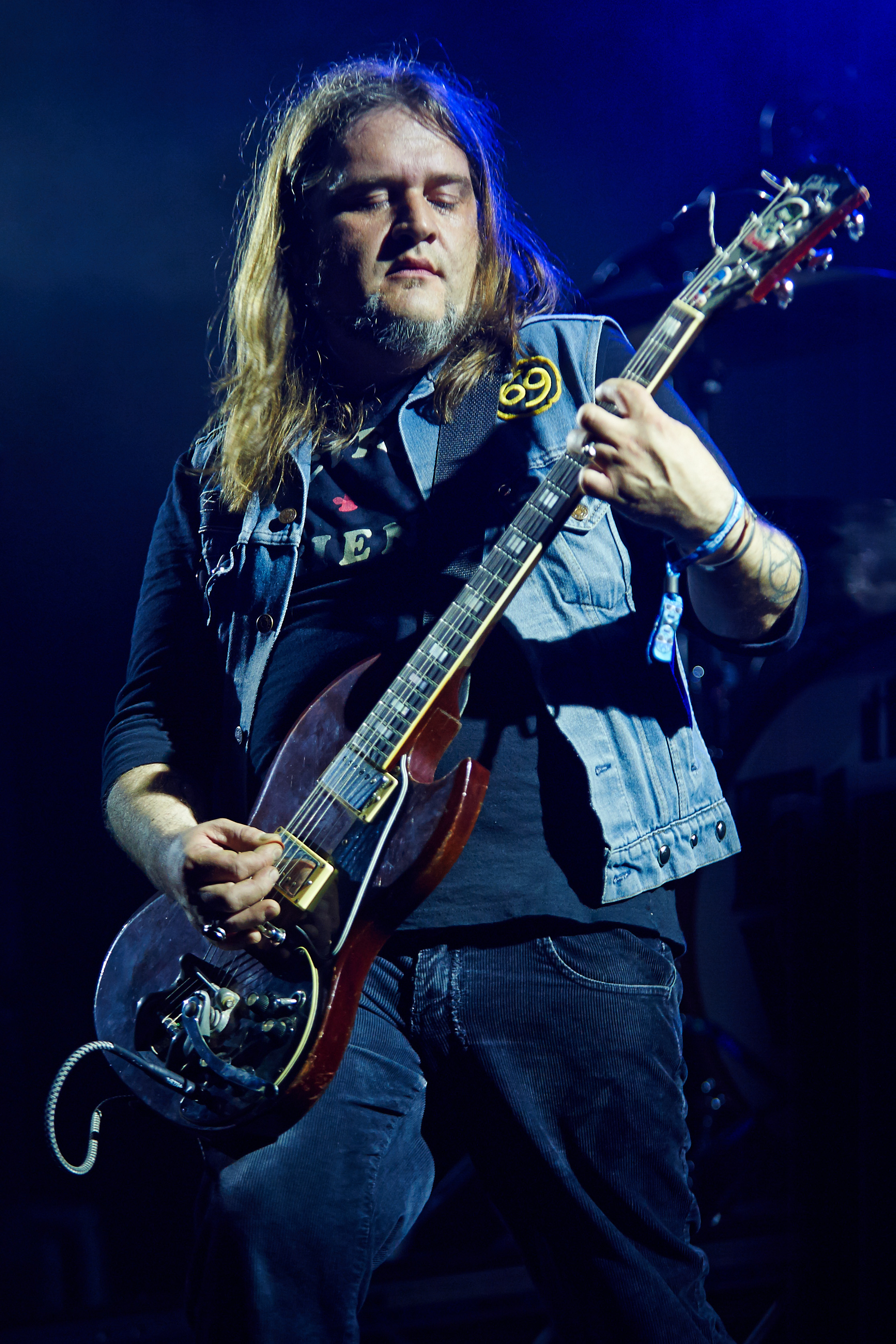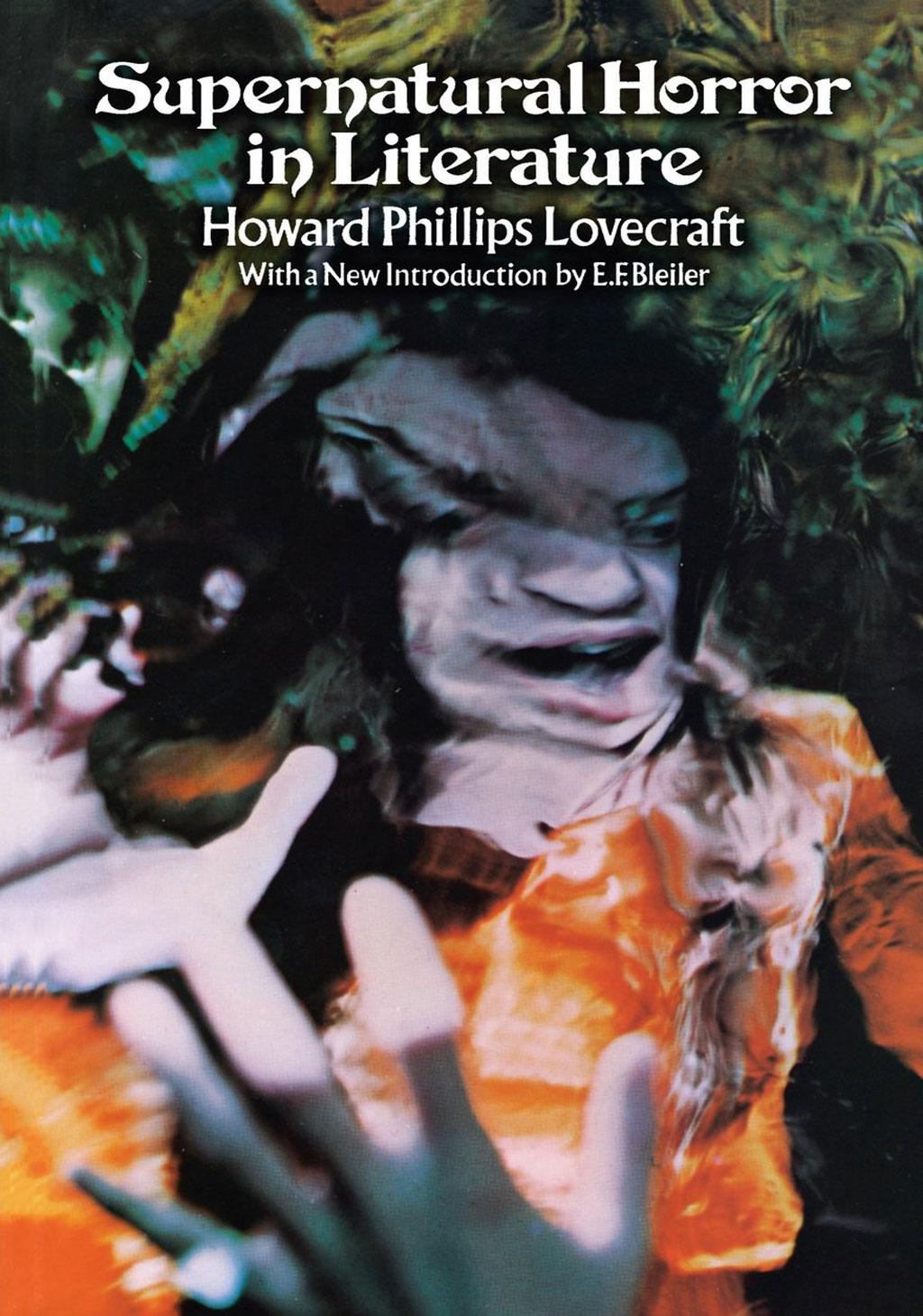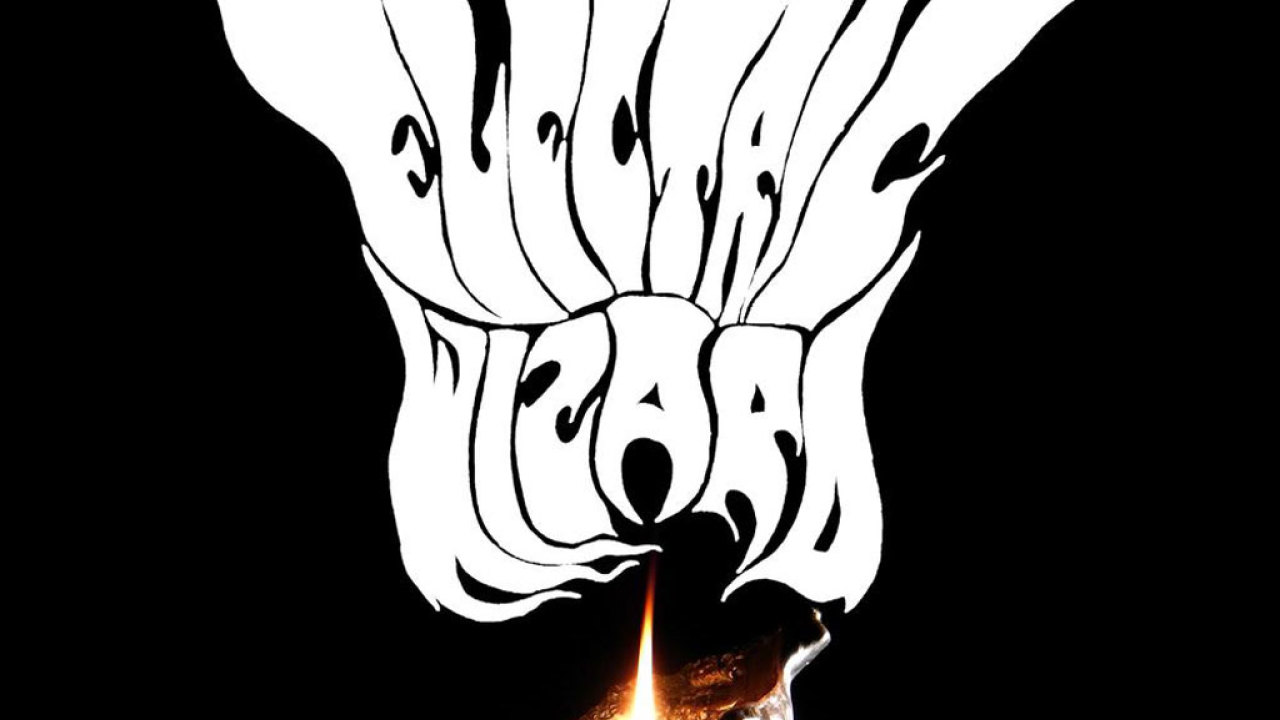For many bands – whether they admit it or not – getting a foot in the music industry and schmoozing with the movers and shakers is an underlying part of The Big Plan.
It may surprise some people, but this ambition isn’t solely a trait of, let’s say, swoosh-haired, fresh-tattooed rock acts, and can be seen in a good number of underground and extreme metal bands. A quick glance at the careers of the more successful black metal bands in Norway, for example, illustrates how bands that once appeared permanently consigned to the fringes of society can eventually become central figures within the establishment.
Consequently, it’s always rewarding to interact with bands that have chosen to reject the industry and instead write their own rules, since the results tend to provide not only a greater sense of authenticity but also an abundance of originality and freer expressions of creativity. Electric Wizard are, of course, one such entity, and have rightly made a name for themselves as a pivotal band within the doom scene, becoming a leading act in the genre, not despite their unwillingness to play the game, but largely because of it. To that end the band have largely sealed themselves off – never more so than on their crushing new album, Black Masses – from the rest of the scene, using sticky cannabis resin as a primary tool.
“Drugs are an issue that comes up every time I talk about Electric Wizard and it’s just a part of our everyday life,” reflects vocalist, guitarist and frontman Jus Oborn. “But we are very insular. For myself, creating good music is about letting yourself go and not really thinking about it. When you create music you know when it’s good, you don’t have to analyse it, and letting yourself go is a lot easier when you lubricate it, which is what a lot of music is about – you wouldn’t have jazz without some sort of drug use. Weed puts you in that state and we obviously draw a parallel between that and a ritual state. I mean, if you think about the black mass in history, it was a medieval rave-up, wasn’t it? Music and dancing and people getting wasted and that’s the spirit that we’re still here to preach. If you want to get into it, you have to get out of it. I’m not a heroin addict or anything, I use weed to focus in many ways, otherwise I’d probably just be running round paying bills, stressing.”
While the band’s relationship with drugs is well-documented, another equally defining factor in the band’s identity is their geographical isolation. Located in deepest Dorset, the band have made a conscious decision to forgo the excitement of the bar and club circuit of the city and remain in the countryside. Due in part, Jus admits, to a sense of general misanthropy, this move is also fuelled by a strong desire to remain untainted by outside influences.

“I think that any band that comes from a geographically isolated area developsa certain sound; certain areas of the world have a sound. I think just being from a rural area, and being from South England, it does influence te sound,” says Jus thoughtfully. “I mean, I think a band should be cultured in a way. If you’re going to be real, you have to have a reaction against what your surroundings are, otherwise it’s contrived or bullshit really. Electric Wizard’s a reflection of that; we’re not being inspired by anyone and we’re not having our arses kissed, which is a good thing if you want to make good music.
“I felt earlier in our careers that we were getting our arses kissed, and then you just create shit, ’cos you haven’t got any reality, you know? After we did [2004’s] We Live album, I went back to a job in a warehouse. You’re working with normal people, and you’ve got a boss, and everything’s shit again, and you can dream about playing on Top Of The Pops. And that’s what creates real music. It’s easy to impress people who want to kiss your arse, ’cos they want something from you anyway. So fuck that, it’s bullshit. We put ourselves in a position like method acting, Electric Wizard is a particular world, so we live that world and it’s reflected in the music.”
Talking to Jus, it becomes clear that his Dorset upbringing has contributed a lot more than mere isolation to both the band and his personality. Instead this background appears to have given him an utmost reverence for tradition and old-fashioned ways of living, something that has had a profound impact on Electric Wizard’s way approach to working.
“Dorset is still quite backwards in a way. There wasn’t electricity in a lot of places until the 50s and 60s, and we didn’t have a telephone until I was like, 15 or 16. I remember going to Bournemouth was like going to the fucking moon. I went there once as a kid, and we used to talk about it, like a legend – ‘The Day We Went to Bournemouth’.” He laughs, before becoming more serious.
“I grew up in that life, very far away from the rest of the world and the world’s changed a lot, so I’m just trying to hold onto that. As far as what we play, it is trying to instil some sort of values and traditions, something you can hold on to. I grew up looking at Morris dancers, and they’re holding on to this tradition, to the extent that what they’re doing is almost pre-Christian witchcraft rituals and they’re still doing them to this day. Well, we’re documenting this music for future generations – it’s very generous of us.“ He laughs again. “I wouldn’t want to embrace modern elements. We’re purposely retrogressive, our recordings are done in a studio that doesn’t have digital, our covers are hand-drawn, these things are Luddite. Well, computers are evil aren’t they? I mean anyone who remembers The Terminator knows we’re all going to pay for this sooner or later!”

This Luddite philosophical bedrock and the wish to escape in some way the modern age may also explain Jus’s love of supernatural horror fiction, particularly the works of revered American author HP Lovecraft and the writers of the horror pulp fiction magazines, both of which provided escapist explorations and had their heyday in the pre-war period.
“I was into HP Lovecraft from the age of eight or nine years old – I actually got it from the school library,” reveals Jus. “I was attracted to the dark side, Satanism, witchcraft and so on way before I discovered heavy metal music. I liked the way Lovecraft wrote and his attitude. He describes it well in his essay Supernatural Horror In Literature, where he talks about looking for a particular effect where he’s dragged into another world and it’s so weird and bizarre, but he’s excited to be in this world of evil almost, and I felt you could recreate this with metal music quite easily. When I got into heavy metal music as a teenager listening to bands like Sodom, Destruction, Bathory, Venom, Alice Cooper – these bands were creating an aura that transported you to another world.”
It’s this fascination with horror and the occult that reverberates particularly effectively on Black Masses, a swirling black hole of a record that very much pulls you into its world and very effectively blows you out the other side. As this concept album’s name suggests, the band have taken their interests in the dark side as a starting point for all the songs, with numbers including Patterns Of Evil, Venus In Furs (inspired by the Leopold von Sacher-Masoch novella and concerned with the same “evil women that Black Sabbath and Hendrix told us about”) and Satyr IX, exploring various incarnations of evil and the devil himself, or indeed herself. As it turns out, the motive here is also more than a little tied into the notion of tradition, especially that of heavy metal itself.
“This album is more evil, more Satanic sounding,” says Jus proudly. “We’ve been obsessing about certain films and very dark shit. We’ve meditated on the fact that the music we really like has always been inspired by Luciferian thought, by darker movies, books about the devil. I mean, being into metal when I was young was about The Number Of The Beast and trying to get a copy of The Devil’s Bible, It was part of the whole culture, and we just obsessed on that we’re trying to solidify those traditions ion this record. I think the world’s heading into the pits of hell and you’re either going to be a Christian or dig it, have your Satanic fuck as much as possible, and just do it. We’ve always talked about the true spirit of Satanic heavy metal, what it means to be into heavy metal. Everything’s getting a bit wimpy, too clinical or too pussyish.”
It’s a fairly common complaint among older bands these days that metal has lost its way somewhat, or at least that elements within the genre have taken it in a somewhat distasteful direction. But as Jus accepts, this is surely an unavoidable by-product of metal’s current success, something that ultimately benefits more underground bands thanks to a sort of trickle-down effect.
“Yeah, I’m not complaining,” he chuckles, “It’s good that metal is big, good for us – we’re more popular than we’ve ever been before. But you have to remember where heavy metal came from… you have kids now who don’t even know Venom! I mean, it’s always been our dream to emulate the success of 70s Sabbath, when Paranoid got into the charts. I mean that’s what we dream about, not being shit, but being really heavy and huge, so everyone can worship Electric Wizard. I mean there’s no shame in being successful if you’re cool, it’s only if you’re shit you need to be ashamed.”
As Black Masses proves, Electric Wizard’s approach to doom, while being a lot more lively and, well, electrified, than many of their more funereal-sounding peers, remains pretty dark and uncompromising throughout. It’s an approach that has allowed them to tour the planet successfully in recent years, but given this taste of success and their world-conquering aspirations, have the group ever considered writing tuneful, catchy material?
“To be honest, I feel we do!” replies Jus with a hearty laugh. “It’s just our viewpoint probably isn’t the same as other people’s. We feel we write pop songs, it’s just that they come via our worldview, our shit-coloured glasses. But yeah, I don’t enjoy touring personally, I don’t enjoy travelling and I don’t enjoy playing, but I enjoy getting to the fans and giving them what they want: a heavy fucking show. At the end of the day I cant stand a minute of it, but if hundreds of kids are screaming ‘Electric Wizard!’, then for that moment you think it was fucking worth it. And you do meet one or two people who make you think, ‘This is why I do it’ – people who get it. Or people who have tons of free drugs. That’s pretty cool too…”
This was first published in Metal Hammer issue 212.

